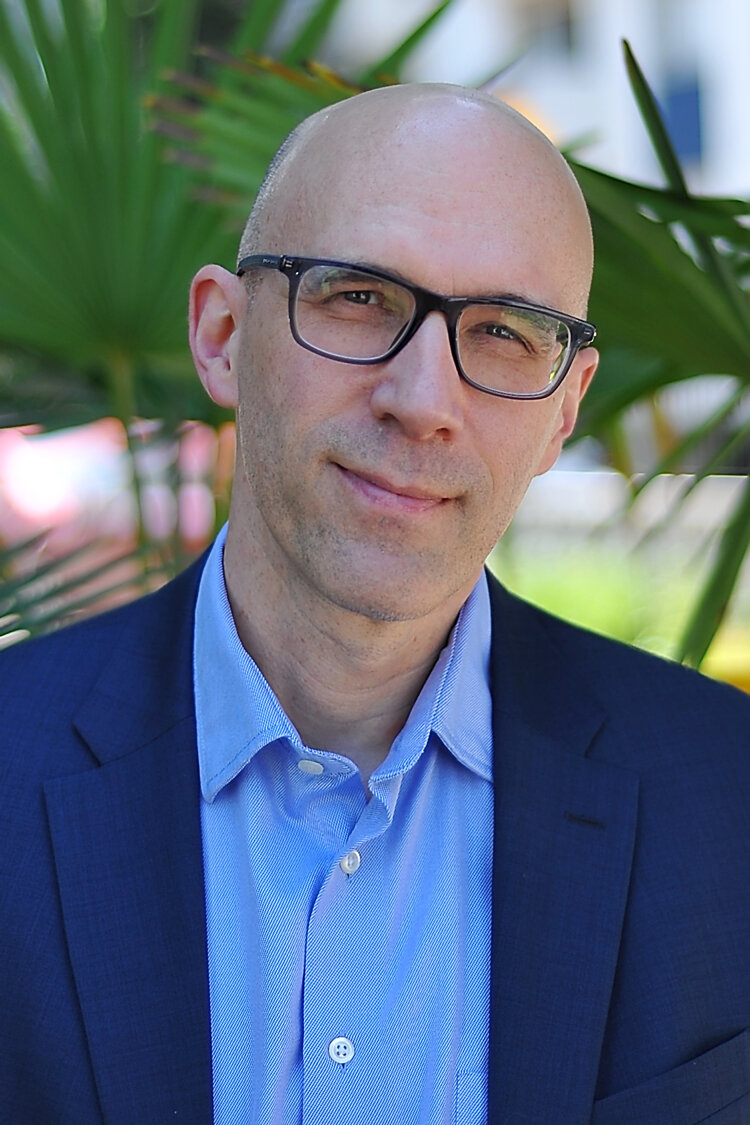
Research Assistants and APSA Membership
April 27, 2023
Lost in all the drama about labour action by TSSU (the union which has long-represented teaching support staff and now represents many research staff at SFU) is a critical issue that affects APSA’s membership. It turns out that since late 2019 TSSU has been indirectly fighting to bring a large group of employees into APSA.
The behaviour is not a credit to SFU as an institution or its organizational capacity to act in a manner on which contracting parties can rely with confidence." — James E. Dorsey, Arbitrator
Let me explain.
A few months ago, Irene, a research assistant at SFU, came to see me about joining APSA. If you’re unfamiliar with the term “research assistant” or “RA,” it seems to have become a bit of a grab-bag category for many employees at SFU who haven’t found their way into one of the established employee groups. Think of an employee working for a professor in a grant-funded lab or the student callers in the Advancement office. There are many more types of RA jobs, and their ranks appear to have swelled to about 2,500 employees.
After a lot of hard work, TSSU organized the RAs, resulting in the Voluntary Recognition Agreement signed between TSSU and SFU in November 2019. This agreement formally recognized TSSU as the bargaining agent for the RAs. What was left was for SFU and TSSU to bargain key items such as wages, benefits and similar items for the RAs.
Unfortunately, for so many of these RAs, those negotiations have dragged on to this day and have become a quagmire of dispute and legal acrimony. The agreement also required SFU to sort out positions that were previously called RAs but should be properly included in CUPE, APSA, or (in rare cases) SFUFA. The deadline for SFU to complete that sorting was May 1, 2020.
Back to Irene and APSA.
It was Derek Sahota at TSSU who referred Irene to me, as her supervisory role looked very much like an APSA one. When I reviewed her pay for the work she performed, it was about $10,000 to $15,000 lower than similar positions in APSA. Irene also didn’t receive any benefits, which was of particular concern to her, because she had a chronic health condition for which she paid out of pocket a few hundred dollars a month for prescriptions.
With TSSU’s support, I asked the University if we could shift Irene into APSA on a “without prejudice” basis. This means that Irene could join APSA, receive an APSA salary commensurate with her role and begin receiving benefits such as extended health, pension and vacation. The “without prejudice” part would mean that her joining APSA wouldn’t legally impact SFU’s negotiations with TSSU, among other potential impacts.
Reasonable, no? SFU refused my request, noting that it wouldn’t even consider such requests until it had finished its negotiations with TSSU. And so Irene and others like her who have approached APSA and whom the University refused to allow into APSA continue to receive lower salaries and little if any benefits.
The problem is much larger than a few employees who wish to join APSA. Derek Sahota at TSSU notified both APSA and CUPE that there are approximately 700 jobs that very much look like APSA and CUPE ones, and, with his blessing, he was happy to let us know about them. Both we and CUPE asked the University if we could meet together with SFU and go through the jobs to figure out which position (and the people occupying them) should either belong in APSA or in CUPE: we were also very pleased to be working with CUPE to resolve this matter amicably.
Unfortunately, the University also refused this request.
While University representatives hold firm to their position that they won’t speak to CUPE or APSA about these RA positions until the negotiations with TSSU conclude, the end of these negotiations looks potentially years away. University representatives insist that the negotiations are complex and, as there is so much volume (i.e. number of RAs) to consider, things are bound to be slow.
This might seem, at first blush, like a reasonable explanation. After all, it’s not easy to go through 2,500 positions and move them into another employee group.
Another aspect of the University’s behaviour regarding TSSU and the RAs casts the University in a more discouraging light.
On January 6, 2022, TSSU took the University to arbitration to resolve the dispute through legal means. After hearing from both sides, arbitrator James E. Dorsey found that the University had breached its obligations to TSSU and also assigned damages to TSSU. Meaning that, in addition to correcting the breach, the University has to pay TSSU monetary damages for its conduct towards them.
Arbitrator Dorsey was also critical of the University’s behaviour. Some sample quotes from his ruling:
“[SFU’s] approach was not in the spirit, intention or words of the agreement (the Voluntary Recognition Agreement of 2019)” – paragraph 439
“The behaviour is not a credit to SFU as an institution or its organizational capacity to act in a manner on which contracting parties can rely with confidence.” – paragraph 441
“There was an organizational dissonance within SFU manifested in a degree of indifference towards SFU’s contract obligations under the Voluntary Recognition Agreement.” — paragraph 438
It’s strong stuff from a very seasoned arbitrator with decades of legal experience. Unfortunately, despite the ruling, the dispute with TSSU over RAs continues to this day which also means that SFU continues to hinder our attempts to bring underpaid and under-benefited RAs like Irene into the APSA fold. There also appears to be no detailed plan by SFU to move RAs who properly belong in APSA into APSA.
These longstanding issues and how they affect the APSA membership are certainly something to consider if you hear about more labour action this summer involving TSSU.
